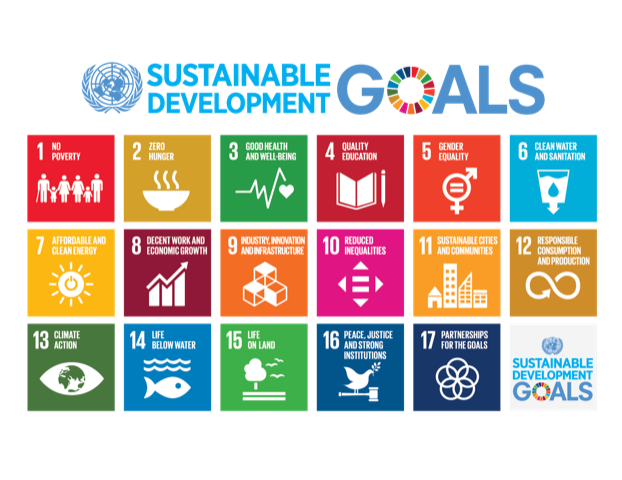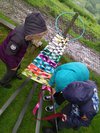
Recent adult workshops and learning programmes in schools and universities have flagged up the capacity for data to spark more even questions, conversations and hypotheses.
Not always answers, as we've take the Internet of Curious Things activities across more areas of the curriculum and project themes including improving air quality into more communities, and that's given an opportunity to share findings across different regions.
Our mission is to deliver improved digital skills and inspiration to enable social good, and that inevitably links the UN Sustainable Development Goals to give context, purpose and a global perspective to activities.
 We get involved in discussions about empowering everyone to make the world a better place with technology, and have become great advocates of using low-cost sensors to underpin understanding of innovative possibilities. That raises questions in itself.
We get involved in discussions about empowering everyone to make the world a better place with technology, and have become great advocates of using low-cost sensors to underpin understanding of innovative possibilities. That raises questions in itself.
Putting tools (including those low-cost sensors) into the hands of more groups to understand the world around them has seen a rise of problem-finding, as described through Engineering Habits of Mind, in project-based learning programmes.
Our next panel brings together producers, curators, digital commissioners and maker-artists to discuss new technologies in engaging and supporting vulnerable young people for better mental health. #artshealthleeds pic.twitter.com/GN2cWH1RhA
— Cultural Institute (@UniLeedsCulture) June 20, 2019
This year has seen some interesting research coming out of a project where low-cost sensors have been deployed across school sites in Southampton, and the continued discussion it has supported about a long-term field comparison of multiple low-cost particulate matter sensors in an outdoor urban environment. This quote in particular resonates with what we're trying to support:
"Low-cost sensors.........they may provide useful information on personal exposure to PM" (Bulot et al, 2019)
For the students at Manchester Met University who had their own theories about levels of pollution around campus, the groups embarking on the first Science Walk in Roundhay Park during Leeds Digital Festival or our latest project with adults funded by LNER, it is the knowledge, understanding and application of data collection that is empowering more people to make healthy decisions using physical computing.
Putting tools and decision making into the hands of communities.
Raising even more questions to investigate together.










